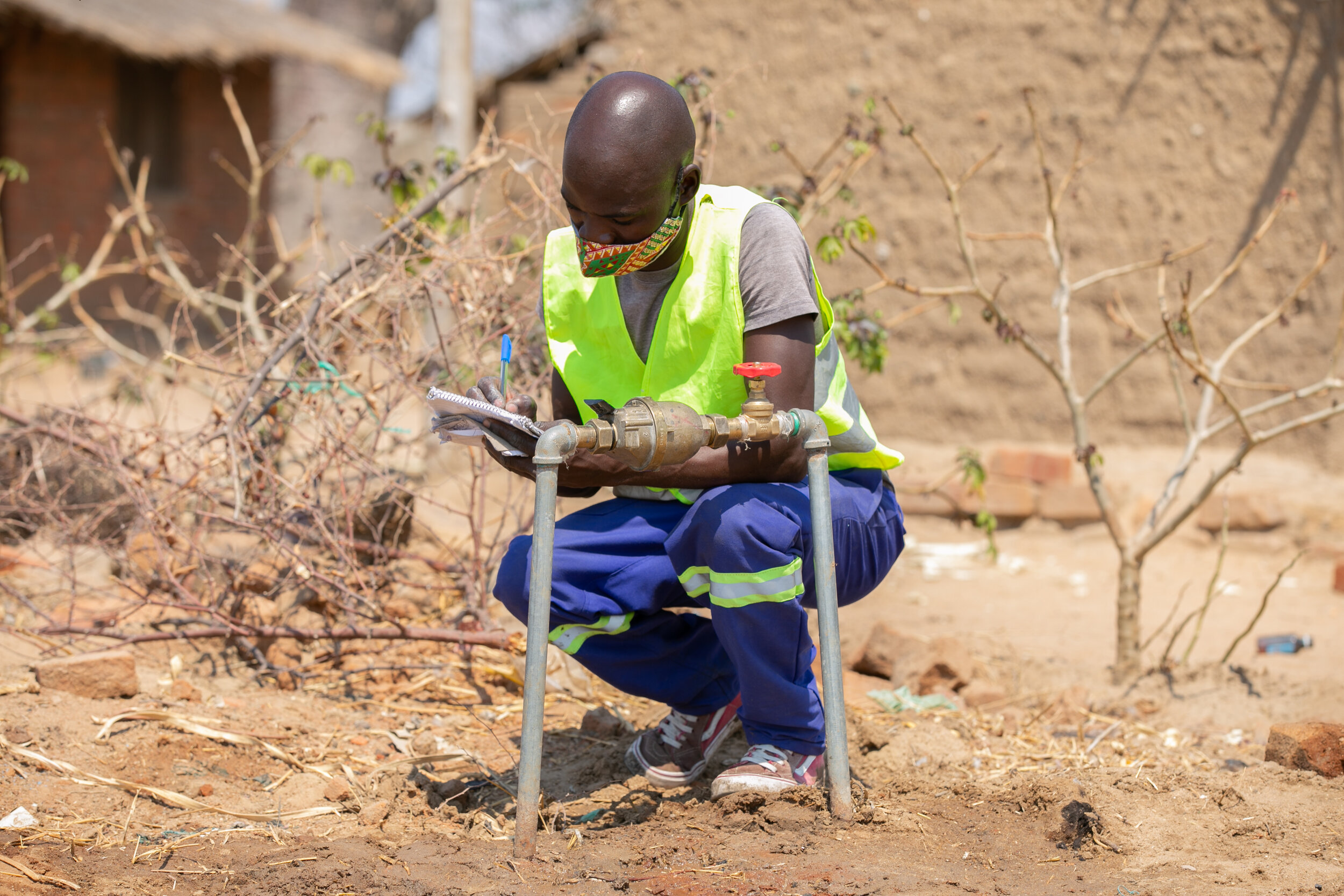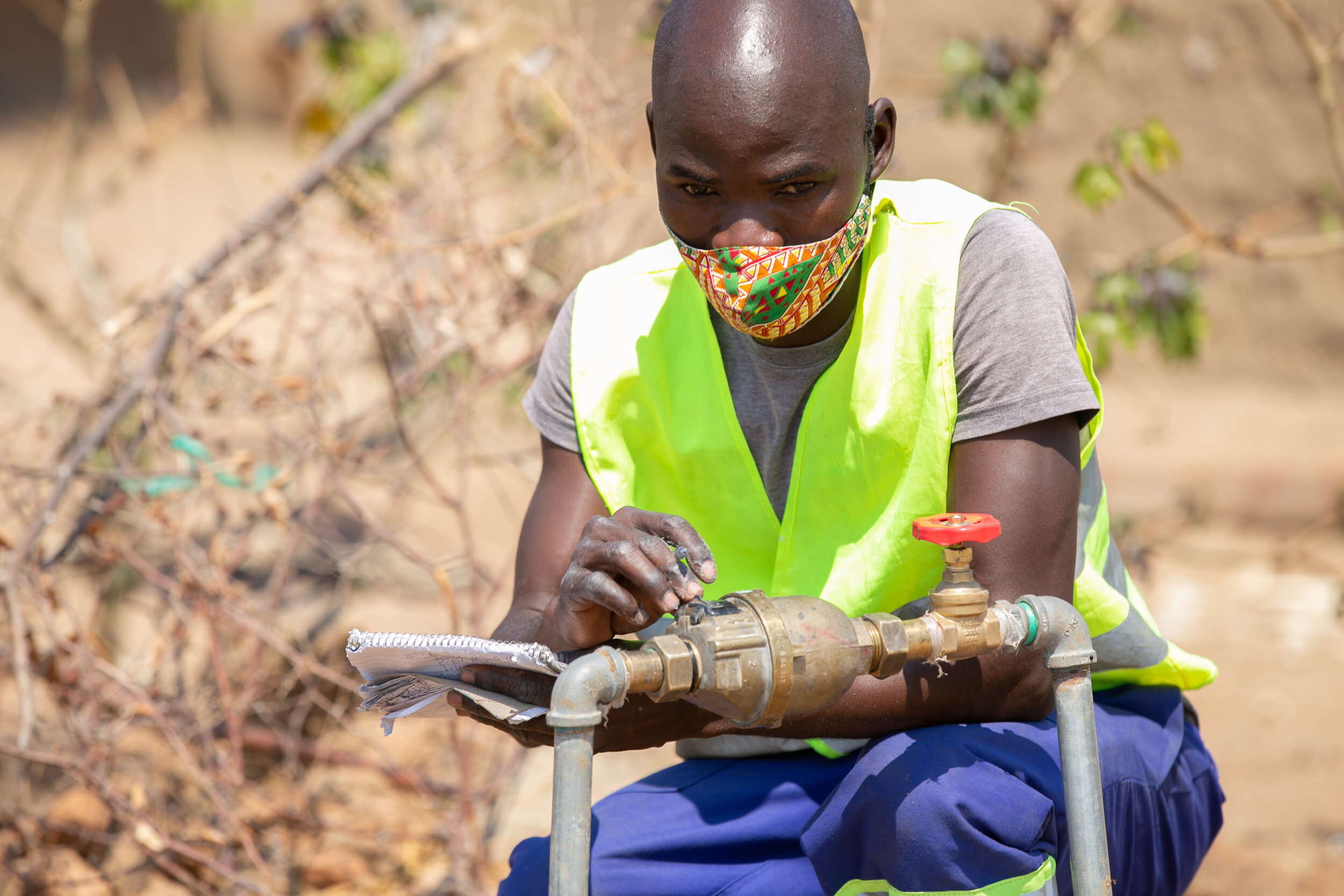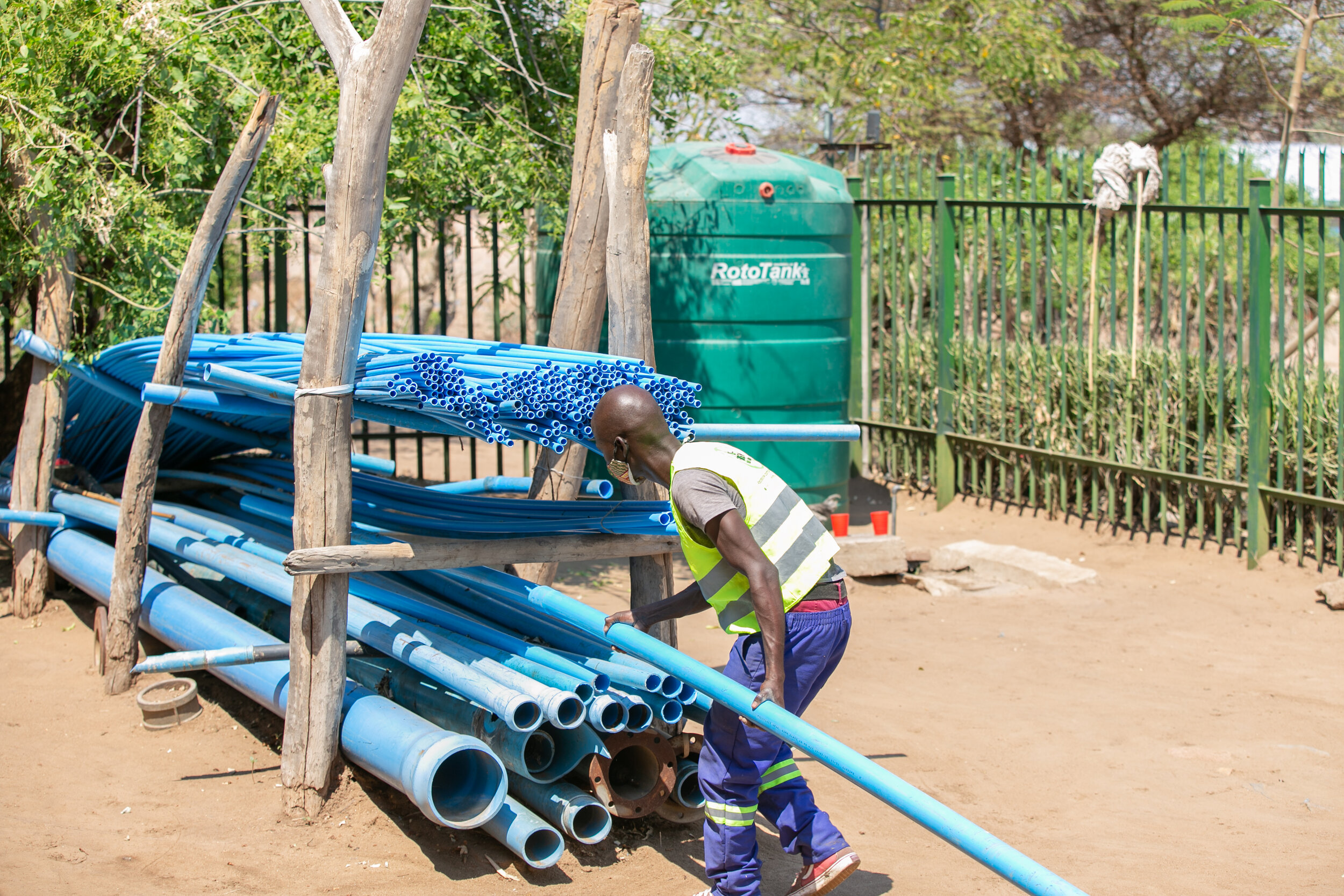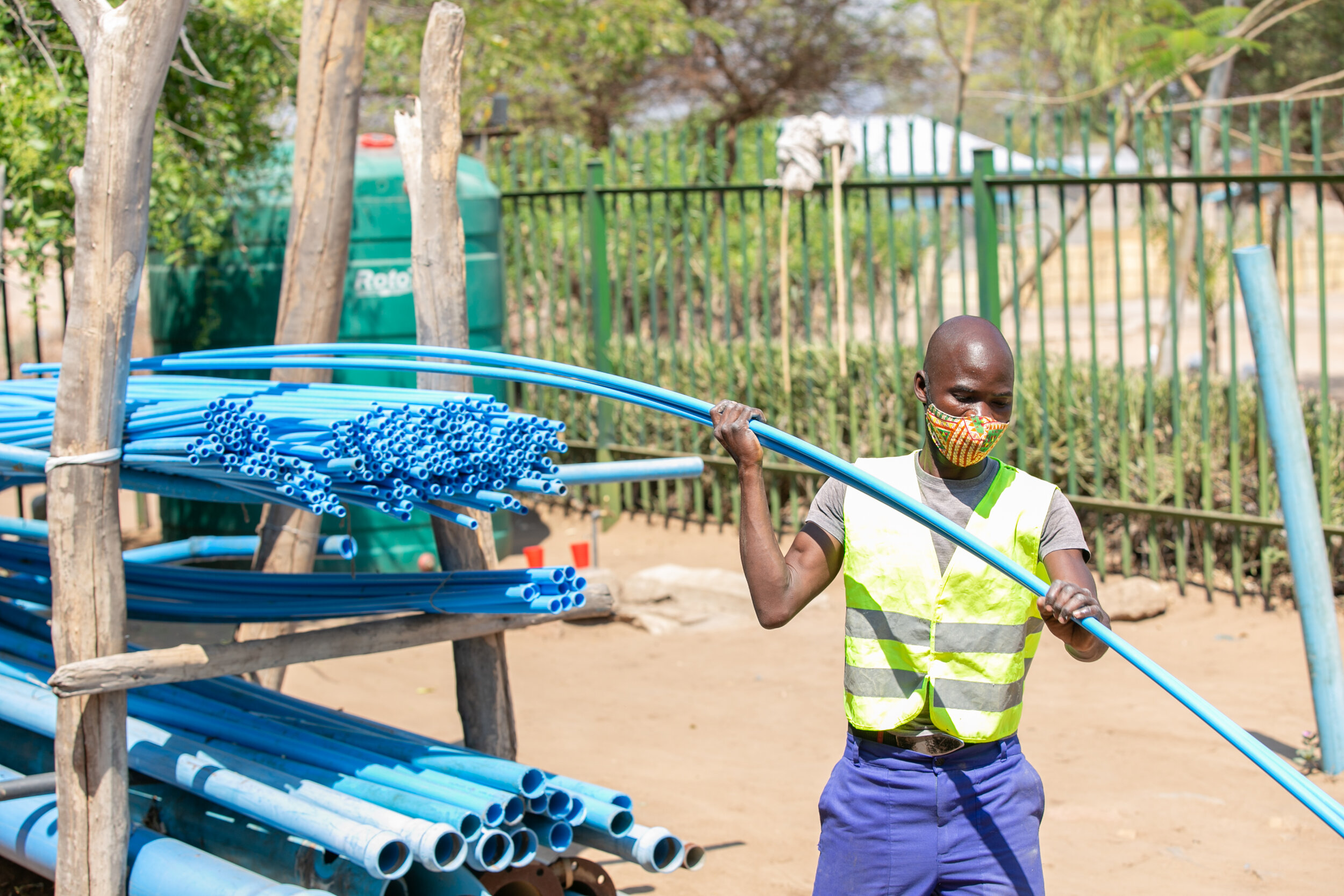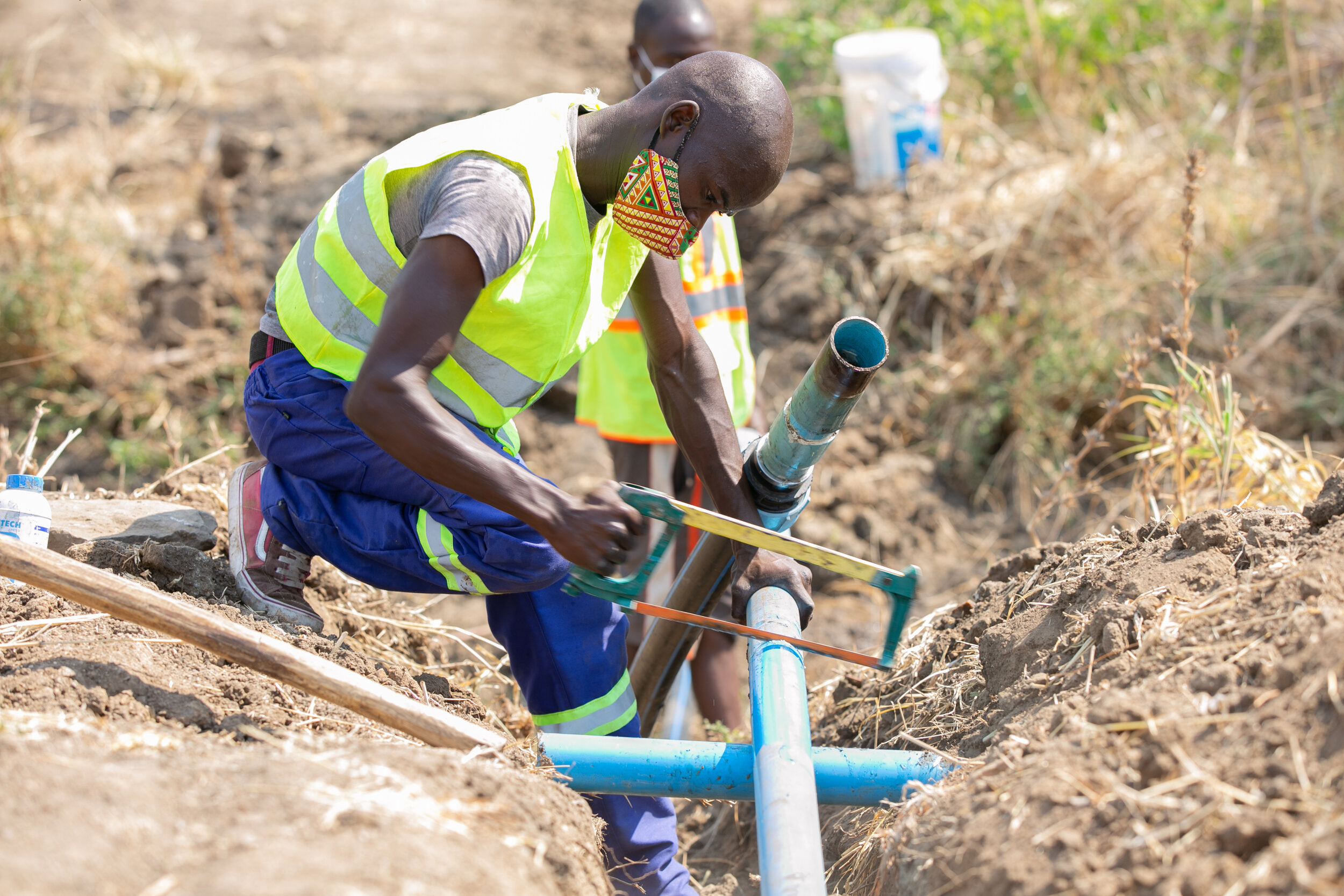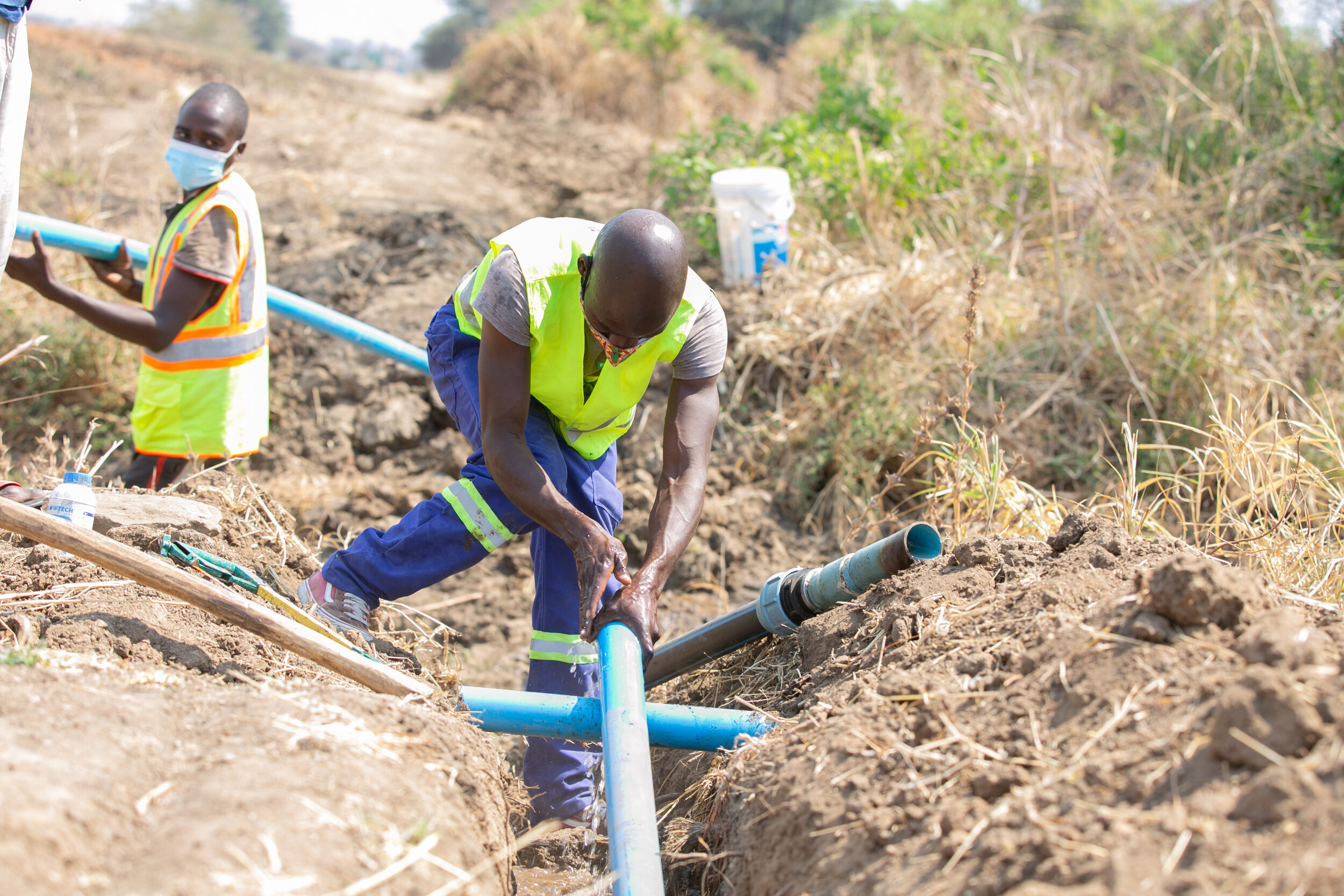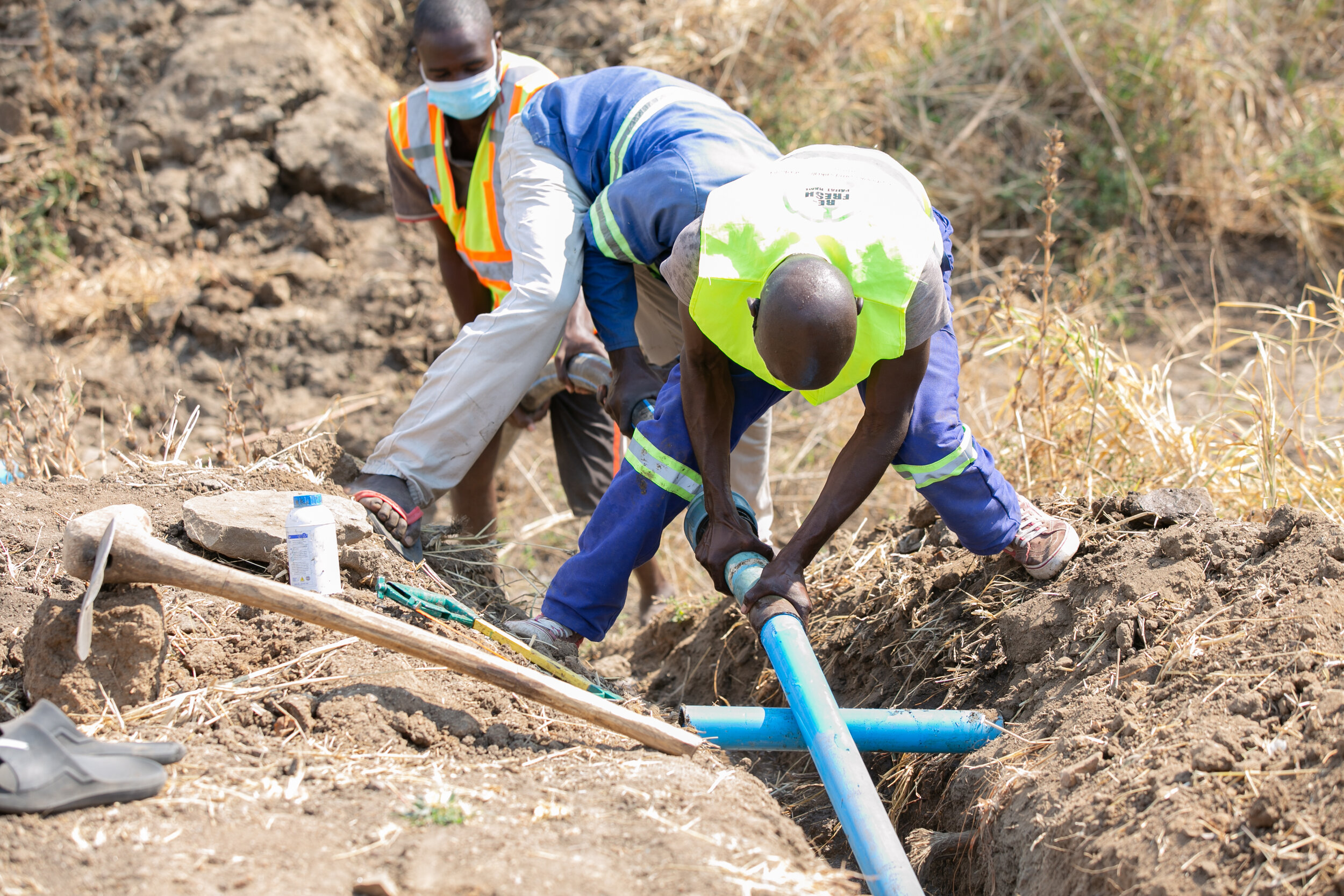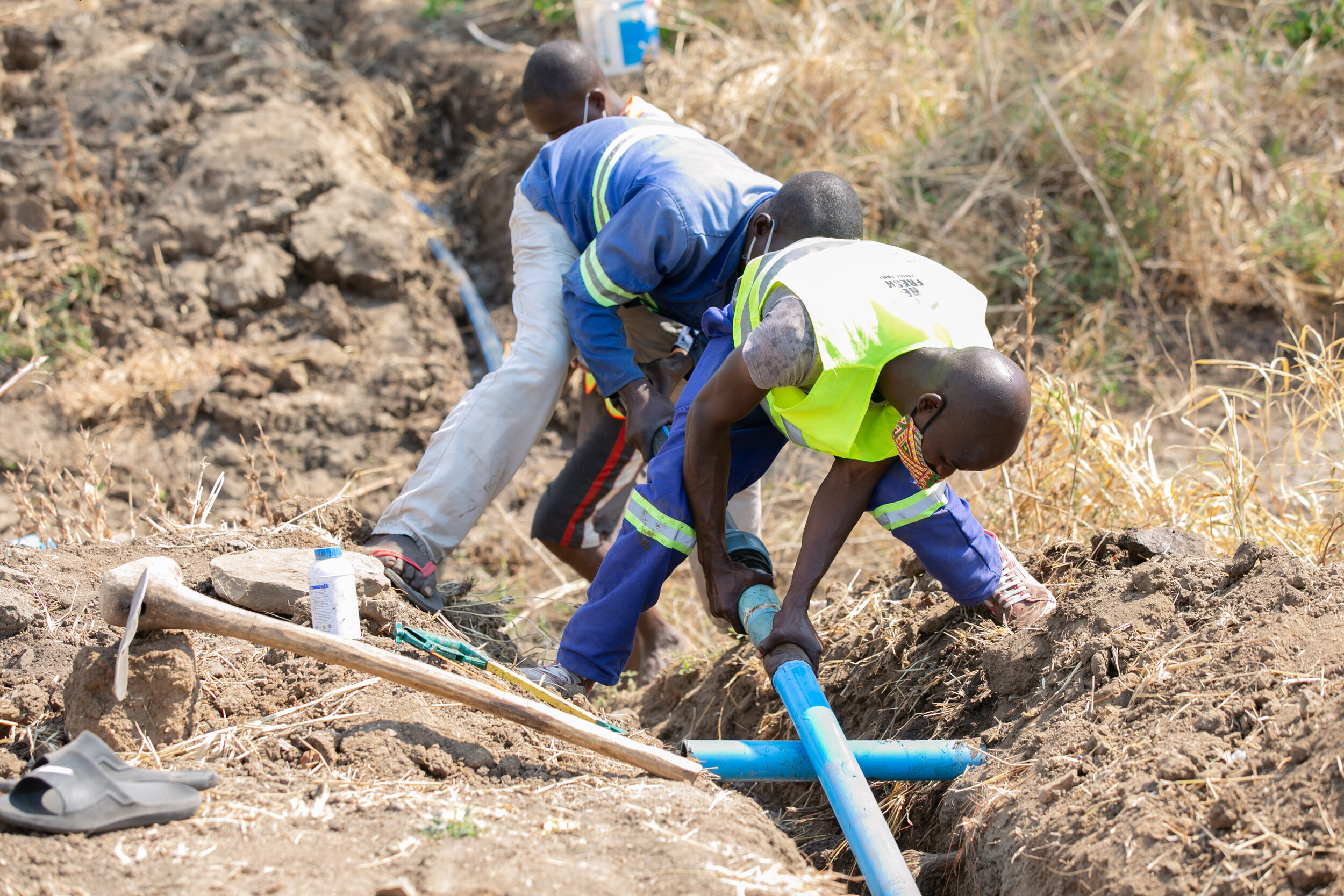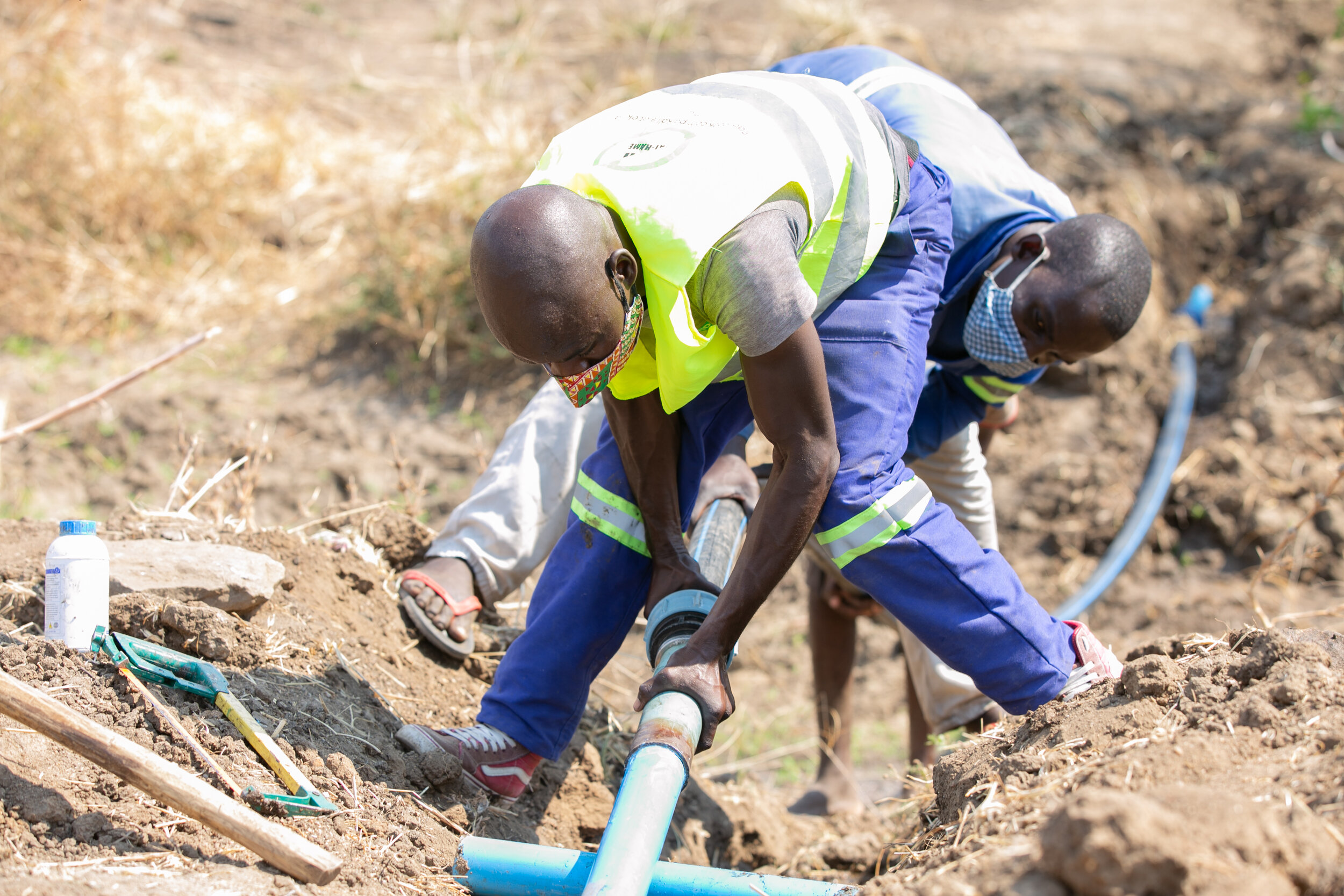
mWater is a woman-owned small business with a non-profit arm for projects with international organizations and foundations, and a for-profit arm for US Government and private sector clients. Our staff includes senior experts with advanced degrees in environmental engineering, public health, and technology, allowing mWater to create innovative, data-driven management approaches for our partners and all users of the free mWater technology platform.
mWater began in 2012 with an investment from USAID Development Innovation Ventures to use mobile technology to improve water quality monitoring in Tanzania. The organization expanded rapidly to provide general data collection, analysis, and visualization capabilities, becoming one of the most widely used data platforms in the WASH sector with over 300,000 accounts in 196 countries. mWater pioneered an innovative free and open access business model that enables data-driven management by governments, utilities, water authorities, and private sector organizations in low-resource areas by providing a scalable technology platform that can be sustained after project support ends. The mWater model of creating a shared sector resource has attracted a wide range of partners from across the WASH sector.
Our values

Expand public services: We believe that governments, public utilities, and community-based service providers are the best institutions to scale up access to water and sanitation to everyone. Wealthy countries that enjoy high levels of public services have achieved this mainly through public investment in infrastructure and effective management by authorities that are accountable to the public.
Strengthen governments: The primary output of all our engagements is to strengthen the capability of local and national governments to continue the work by themselves, without aid. NGOs and multilaterals should exist to support governments in providing services, but too often they supplant government capability and authority, through the “brain drain” effect of hiring local experts at higher salaries than government can provide (e.g. Dutch Disease) or by directly competing with the government by providing services themselves. By building the capability of governments to deliver services, we increase the confidence of local citizens in the outputs of their own taxes and fees.
Begin with an exit strategy: We structure all our collaborations to be sustainable, in terms of cost and technical capacity, after the engagement has ended. Our free and open access software model means what we begin under a technical assistance program can be continued without ongoing costs or reliance on expensive specialists.
Scale, not spread: When something costs twice as much to do twice as much, that is spread, not scale. Everything mWater does should become cheaper and/or easier with each additional unit of labor; that is the definition of scale. Technology can be a powerful tool to help enable scale, allowing us to replicate successful approaches and more easily share knowledge.
Build local data capacity: mWater does not set up permanent country offices, preferring instead to develop relationships with local entrepreneurs and small businesses to act as subcontractors on larger projects. This helps to ensure that data management capacity built as the result of technical assistance efforts remains in the country and contributes to the local economy.
Work with us



